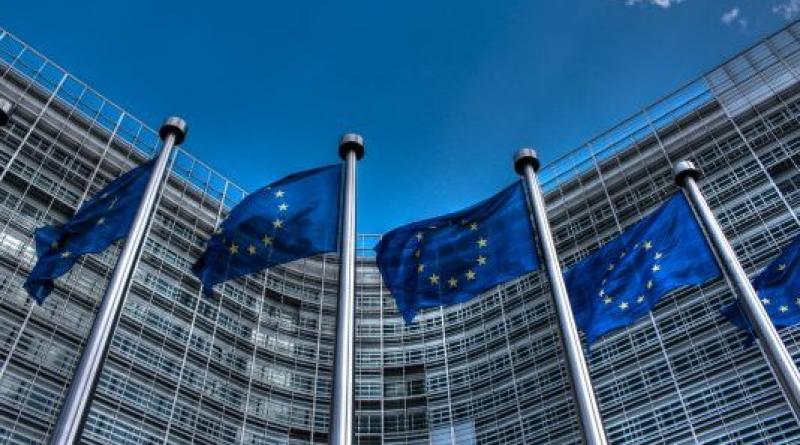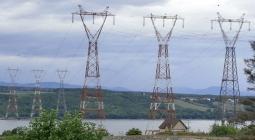112 European Cities Seek €650B to Hit Net-Zero by 2030

The European Union is helping a group of 112 cities track down €650 billion in public and private financing to bring their climate pollution to net-zero by 2030, while the continent’s European Green Deal morphs from a climate plan to an “agenda of economic modernization”.
The cities’ emissions target “is more ambitious than that of most governments, with the 27-country EU and Britain both setting a 2050 deadline,” Euractiv reports. “To date, 33 cities have had their plans signed off, including Lyon, Seville, Malmö, Lisbon, and Florence, with more expected to be approved in October.”
Projects on the cities’ wish list “could include retrofitting buildings to be more energy-efficient and adapting infrastructure to withstand more extreme weather events,” the news story states.
The cities, 100 within the EU bloc and 12 in associated countries, were selected after 377 applied to take part in the EU’s 100 Climate Neutral and Smart Cities’ Mission, Euractiv says. They’re now developing climate plans with support from the EU and the non-profit Bankers without Borders (BwB).
This week, the EU launched a Climate City Capital Hub to help the cities attract private capital and aggregate smaller projects into large enough bundles to attract financing. The hub will receive financial and technical advice from the European Investment Bank, which issues more than one-quarter of its lending to cities.
“Historically, cities have not been significant partners for the private sector, but progress can be much faster if private capital is more involved,” said BwB Executive Director Allison Lobb.
The hub launched just days after an EU official declared that the European Green Deal is an economic agenda, not an ecological one.
“This adaptation in the EU executive narrative was made clear at a Euractiv event on the future of the EU’s climate policy at the end of May,” the Antwerp-based news outlet reports. Now, “industrial policy is set to be at the heart of the EU’s energy and climate policies in the upcoming policy mandate, as results at the European Parliament elections on June 6-9 confirmed a shift towards the right and a stronger push for competitiveness in the bloc’s economic sectors.”
“We should really make it clear that we’re not doing this for the planet: the planet couldn’t care less whether it warms up,” said Kurt Vandenberghe, director-general at the European Commission’s climate department. “What really matters is how to make the planet livable for people and to keep our civilization and our economic standards.”
Until now, the EU has been “quite naive in terms of meeting the climate and energy policies, we basically outsourced cleantech,” added Polish Secretary of State for Climate Krzysztof Bolesta. But “the implementation of the Green Deal made us realize that this is not the way we should protect ourselves better: there should be also carrots for our industries.”




